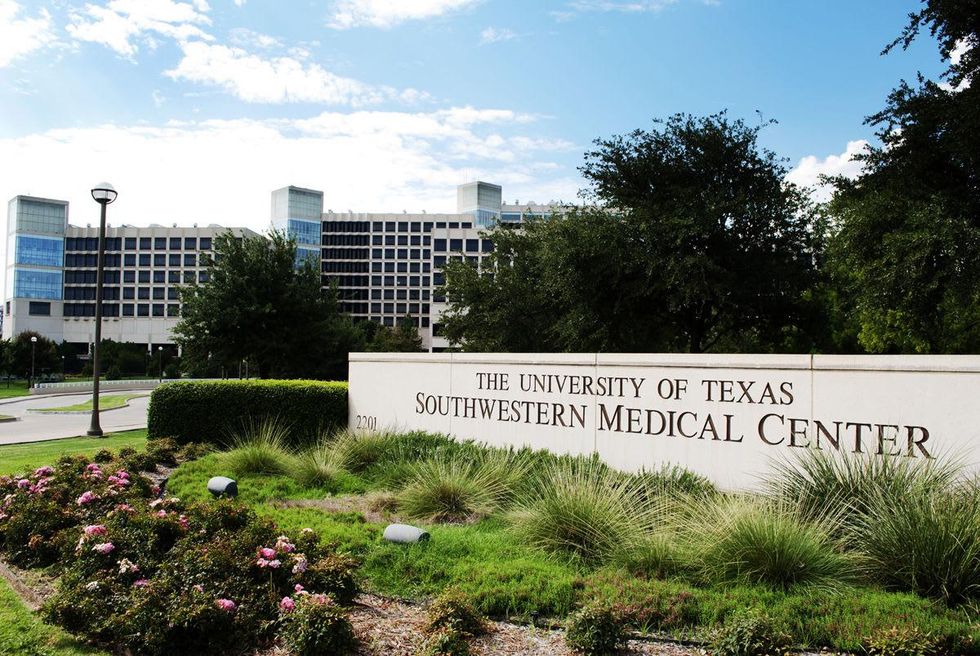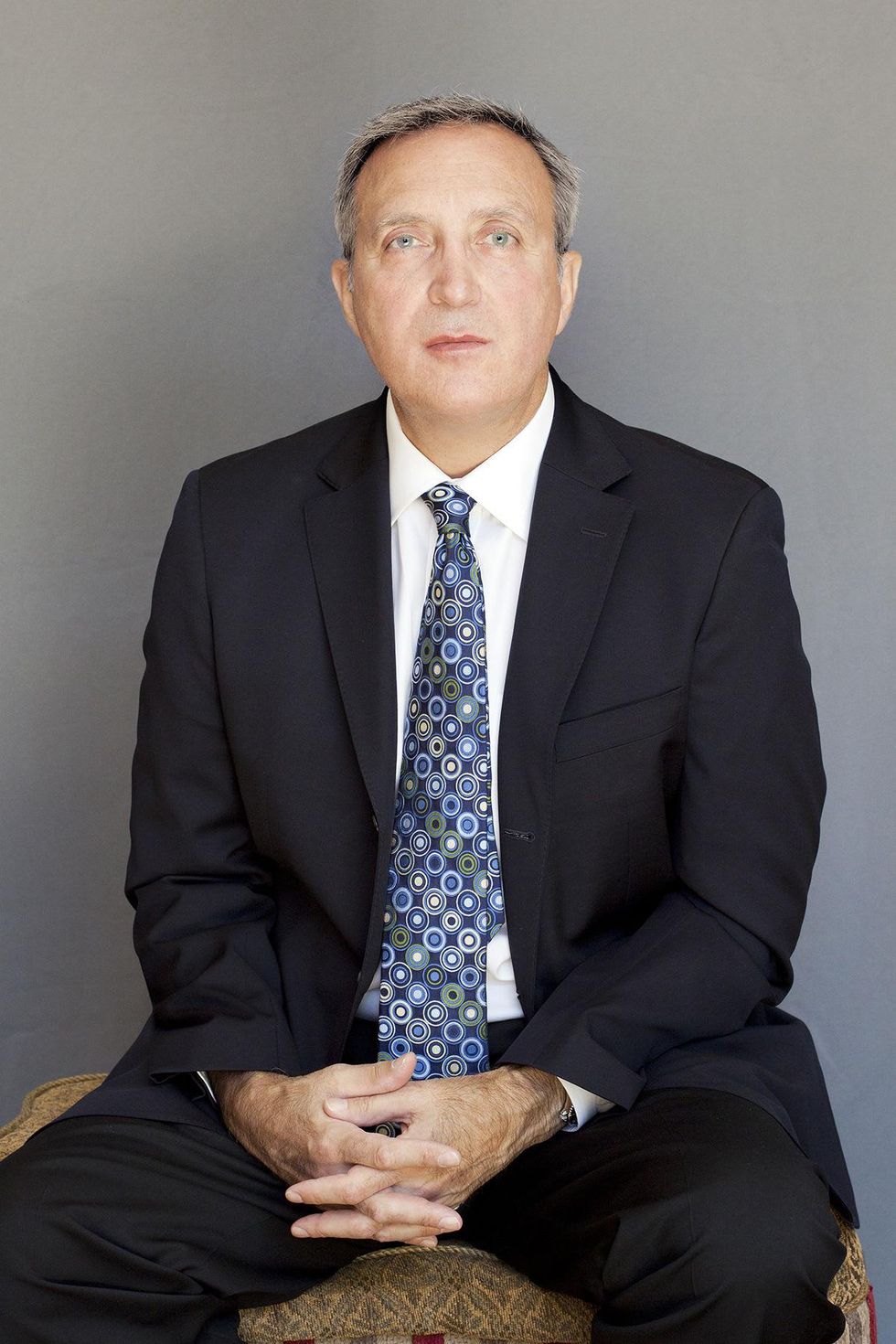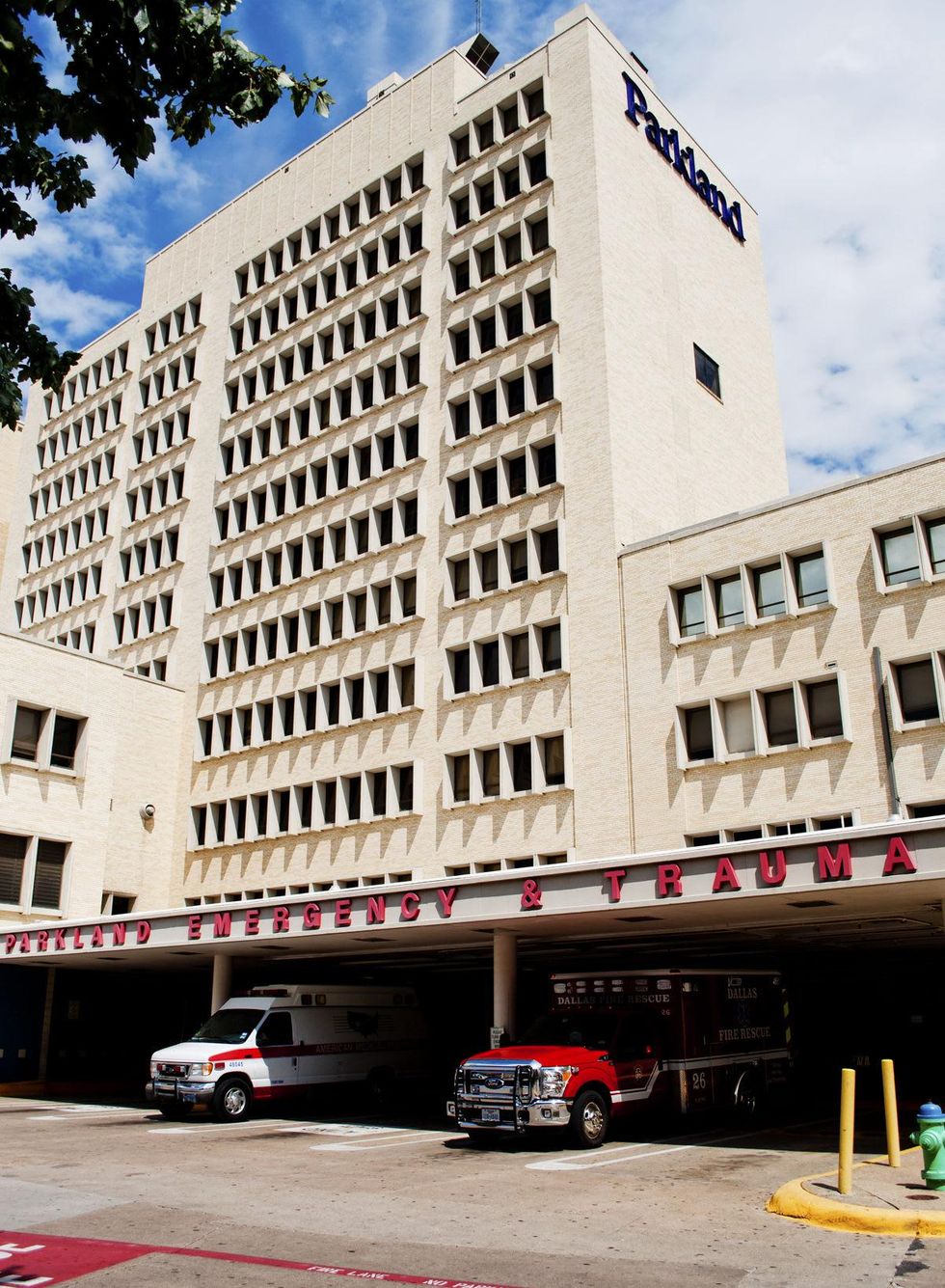Law and order
Texas Supreme Court dismisses whistleblower case against UT Southwestern on a technicality
The Texas Supreme Court has dismissed Dr. Larry Gentilello's whistleblower lawsuit against UT Southwestern Medical Center at Dallas. On February 22, the court reached a decision on the grounds that Gentilello — then the distinguished chair in surgery for trauma and critical care — did not alert the proper authority of his suspicions of fraud when he told his supervisor, Bob Rege, of improper billing practices in the emergency room.
Gentilello sued the storied medical school for retaliation in 2007 after he was demoted and barred from the operating room shortly after making claims of fraud to his boss. But, according to the Texas Whistleblower Act, an employee is protected from retaliation only if he reports "a violation of law" to "an appropriate law enforcement authority."
Dr. Larry Gentilello sued the medical school for retaliation in 2007 after he was demoted and barred from the operating room shortly after making claims of fraud to his boss.
Justice Don Willett, speaking for the court, wrote that in order for Gentilello to seek claims for his demotion, he had to have to reported the fraud directly to the Centers for Medicaid and Medicare Services, not an internal authority at UTSW.
"This is a legislatively mandated legal classification, one tightly drawn, and we cannot judicially loosen it," Willet wrote, adding that other states protect "purely internal whistleblowing," but Texas does not.
The court's decision did not deal at all with the merits of Gentilello's claims that he was wrongfully demoted and stripped of all responsibilities as a result of his Medicaid and Medicare fraud claims. He now works in a low-level private hospital in California.
Gentilello's billing fraud lawsuit, filed in July 2007 and sealed until September 2011, was settled for $1.4 million — a rather paltry sum for a billing fraud lawsuit. Similar suits at other institutions have drawn upward of $30 million. Gentilello has another retaliation claim pending in state court.
Although the monetary damage is minimal, Parkland’s standing has suffered greatly as numerous state and federal agencies have found fault with the medical center. In August 2012, Parkland reached an unprecedented $1 million settlement with the Department of State Health Services for patient safety claims. The largest hospital fine previously levied by the entity was $50,000.
Parkland is in the midst of a stringent improvement agreement with the Centers for Medicare and Medicaid Services. If it fails to meet standards, the hospital could lose significant funding in April 2013 and effectively be forced to shut down.
In October, when the case was still pending before the Texas Supreme Court, Gentilello told CultureMap he had no regrets, despite his own professional downfall.
“The cavalry finally did come to the rescue,” Gentilello said. “It’s a little late for me, but the consolation is that I have no doubt that Parkland is going to be reformed.”




